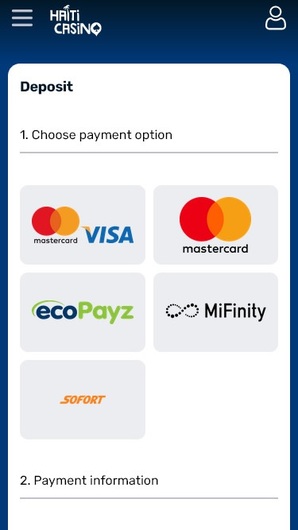Customer service reps should be properly trained to better serve the customers. While no one wants to talk to a robot, it’s important for the agents to adhere to a specified guideline. They are the voice of the organization and must take a more formal tone when speaking to the customers.
Live chat agents need to provide a consistent and cohesive customer experience no matter what the problem. And an effective live chat cheat sheet or script can help achieve the aim. Here are four live chat script tips that can prove helpful in handling the customers.
1. Start of the Conversation
Customer service reps should use proper greetings. While this may sound easy, but not many customer service reps do it right. The words used in the greeting will set the tone for the entire conversation. A positive greeting will generally lead to a positive tone during the conversation.
Greetings by most live chat agents are either too short or too long. Both of these reflect a lack of concern for the customer. The greeting should always be professional while a slight personal touch. An example of a good greeting: “Hi [Customer Name], thank you for contacting [Company Name]. How can I help you?”, or Hi [Customer Name], we are pleased to hear from you. How are you doing?”. Keep the greetings short, professional, and personal at the same time.
2. Ask the Right Questions
The customer service rep should ask the right question right from the get-go. Asking the right questions can help in understanding the exact concern of the customer. There are a lot of different ways live chat agents can ask for clarification from the customer.
- “Tell me more about your problem.”
- “So, you are saying…”
- “You would want me to….?”
- “Can you tell a bit more about the problem?”
- “Let me see if I understand you correctly,…”
- “As I understand, you….”
3. Ask for Reasons for Ending Service
When the customer asks for a refund of the money or ending service, the live chat agent should not just say, “Done. Anything else?”. Instead, it’s important to give the impression that the company is concerned about improving the quality of the service. A better response in this situation will be:
“I am sorry to hear that you are ending the service. I can certainly oblige to your wishes. However, can you please give us the reasons for ending the service. If it is regarding service or product quality, we want to know because we always strive to offer the best service to our customers.”
4. How to Properly Transfer the Call
A lot of live chat agents make a mistake when transferring the customer. Here is a proper response when you are transferring the chat to the customer: [Customer Name], I am going to transfer your call to [Department]. [Name of the employee] can better help you in resolving the problem. I have already briefed the concerned personnel about your problem so you won’t have to repeat your concern. Have a good day!”.
At the end of the day, the live chat agents should listen attentively to the customer’s questions. While a canned message can give a more formal tone to the response, you should not ignore the actual question of the customer. Make sure to fully listen to the customer’s questions before firing off the responses.






